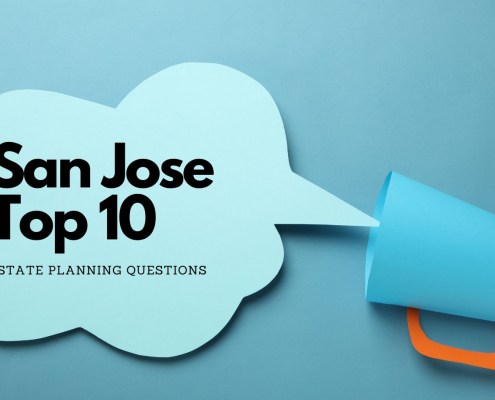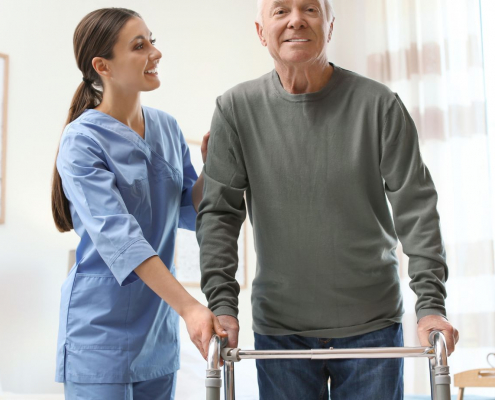Temecula Elder law attorneys advise that you have your Emergency ready medical information and Advanced Health Care Directive (AHCD) readily available, in the case of an emergency. If medical personnel can access your medical history during an emergency, it could mean the difference between life and death.
The reality we see if, if you are injured, in shock, suffering from dementia, or are otherwise incapacitated, you may not be able to provide that information yourself.
There are several systems readily available to help make crucial contact and Emergency ready medical information available to first responders. Consider taking the time to update your details with the following free tools:
On Your Smartphone: Even when your smartphone is locked, you have options for inputting your emergency contacts as well as other vital information that could help save your life.
Medical ID for iPhones. If you are an iPhone user, take advantage and input details about your medical needs so that the first responder will have the information needed in an emergency. To do this you can install the free MyID app called Medical ID, and enter your information.
You can include not only your designated emergency contacts, but also such details as your birthdate, any medical conditions or allergies, your blood type, and your organ donor status. You can then choose to make your Medical ID available on your iPhone’s lock screen for first responders.
Emergency Information on Androids devices. Depending on your device, you may be able to find “Emergency Information” or “My Info” in your Settings, where you can enter your medical details and emergency contacts. Be sure to add anyone you wish to designate as an emergency contact into your Contacts app as well.
In your Android Settings, you can also add your emergency contact information to your lock screen as a custom message.
In Case of Emergency (ICE) Contact. This program, which was originally established in 2004, encouraged people to list on their cell phones their “in case of emergency” contacts under the heading “ICE,” allowing paramedics or other medical personnel to know whom to contact in the event of an emergency.
The National Next of Kin Registry (NOKR). The NOKR is a free service that allows you to register yourself and your next of kin in the event of such situations as daily emergencies or natural disasters. The information you enter is not available to the public, but it is available to emergency service agencies registered with the NOKR.
If you are in an accident, emergency services personnel would be able to search the website to find your next of kin and notify them about your condition. The NOKR stores emergency contact information for those across the U.S. as well as eighty-seven other countries. You can register online, through U.S. mail, or via fax.
You should make sure that your Advanced Health Care Directive is current. It is important to make sure the person, or people, you want to advocate for you are named, and that the decisions you would want made are outlined in the document. Your decisions include the types of special treatment you want or do not want at the end of life, your desire for diagnostic testing, surgical procedures, cardiopulmonary resuscitation, and organ donation.
We recommend that you put a copy of your Advanced Health Care Directive on file with your primary care physician and/or the hospital and provider.
At Copenbarger & Copenbarger through our “Access Membership,” we provide 24-hour internet access to your AHCD as part of your Emergency ready medical information.
If you are interested in learning more about establishing, maintaining or changing your AHCD, speak to our Temecula and Murrieta elder law and estate planning attorneys. To schedule an appointment at our Temecula office or one of our other offices located throughout the state of California, contact us at (800) 244-8814
 https://www.copenbarger.com/wp-content/uploads/2023/06/san-jose.jpg
924
1640
Valerie Guerrero
https://www.copenbarger.com/wp-content/uploads/2019/07/copenbarger-attorney-logo.jpg
Valerie Guerrero2023-06-13 06:00:022023-06-12 15:27:58San Jose Top 10 Estate Planning Questions
https://www.copenbarger.com/wp-content/uploads/2023/06/san-jose.jpg
924
1640
Valerie Guerrero
https://www.copenbarger.com/wp-content/uploads/2019/07/copenbarger-attorney-logo.jpg
Valerie Guerrero2023-06-13 06:00:022023-06-12 15:27:58San Jose Top 10 Estate Planning Questions



